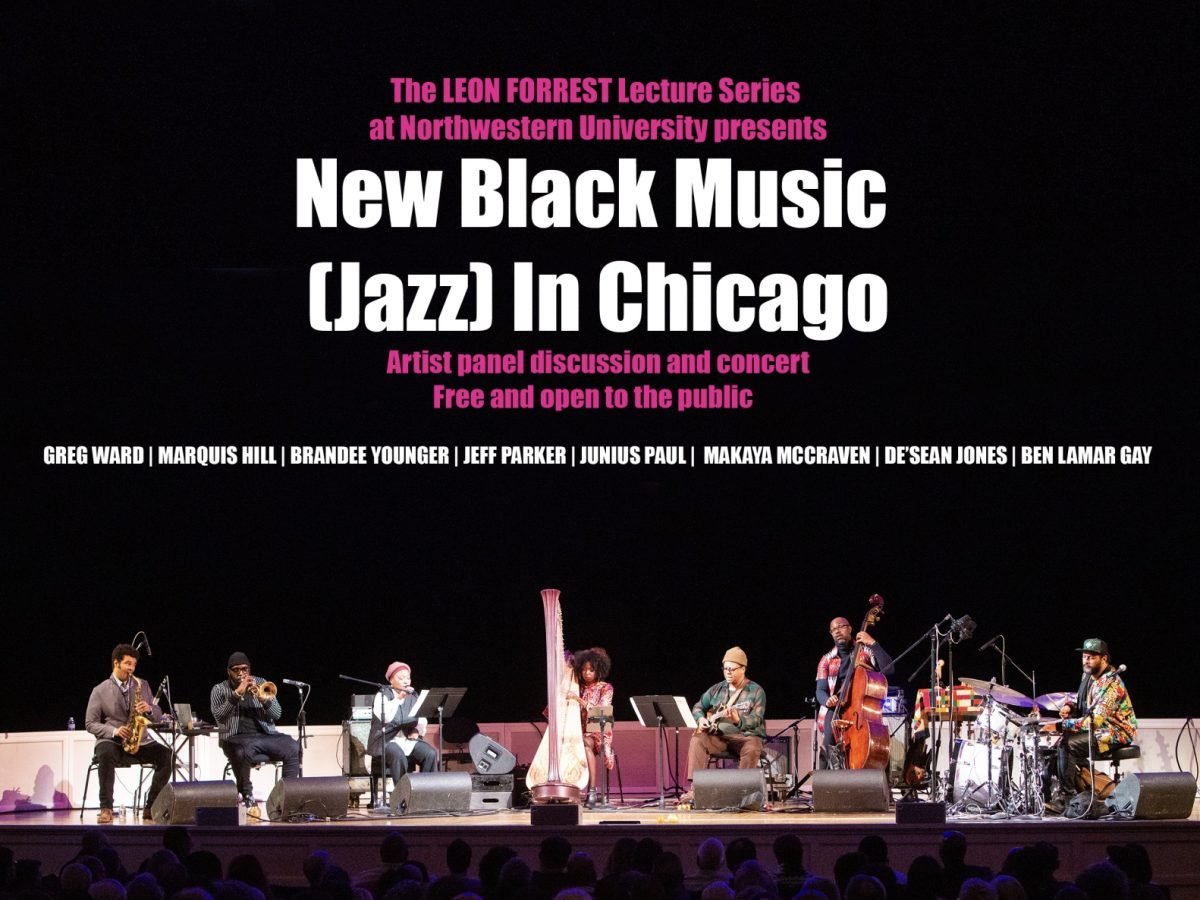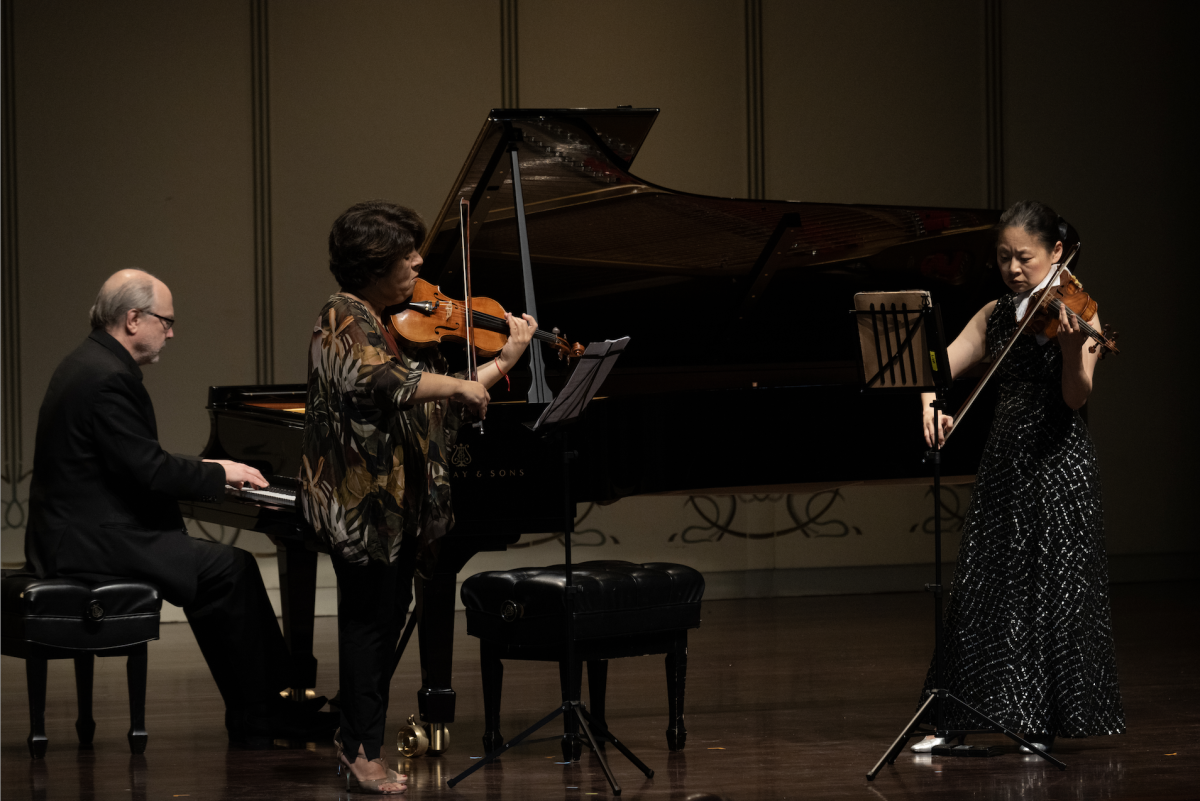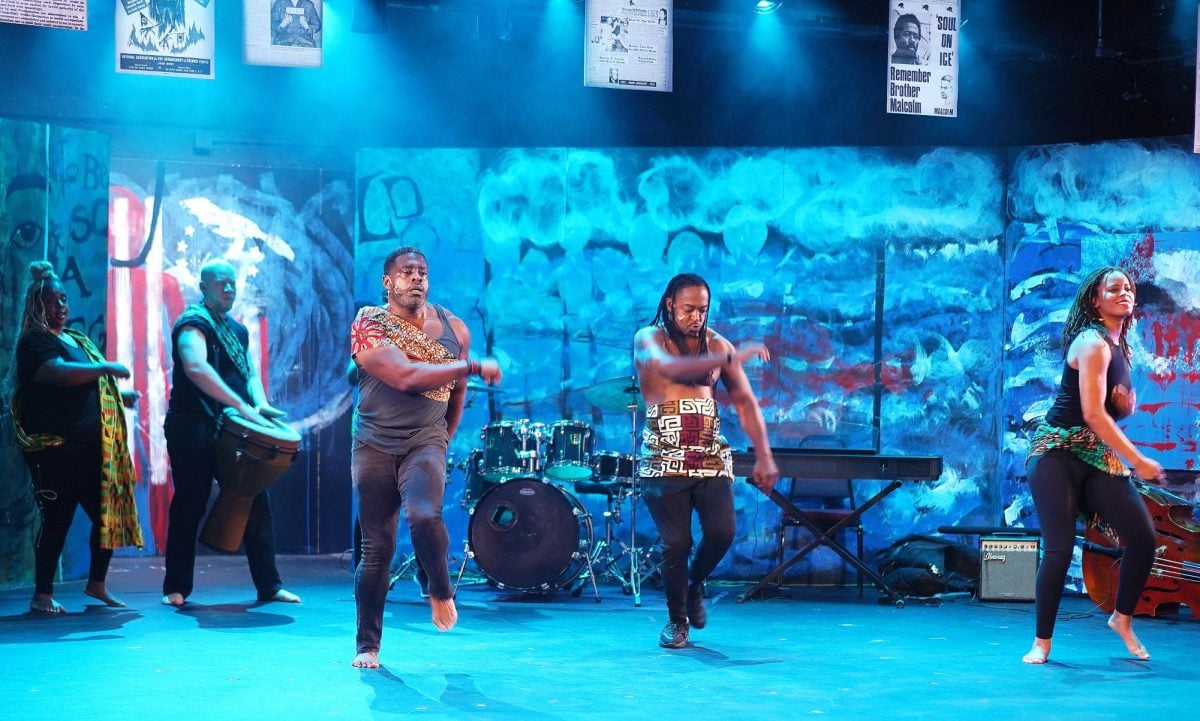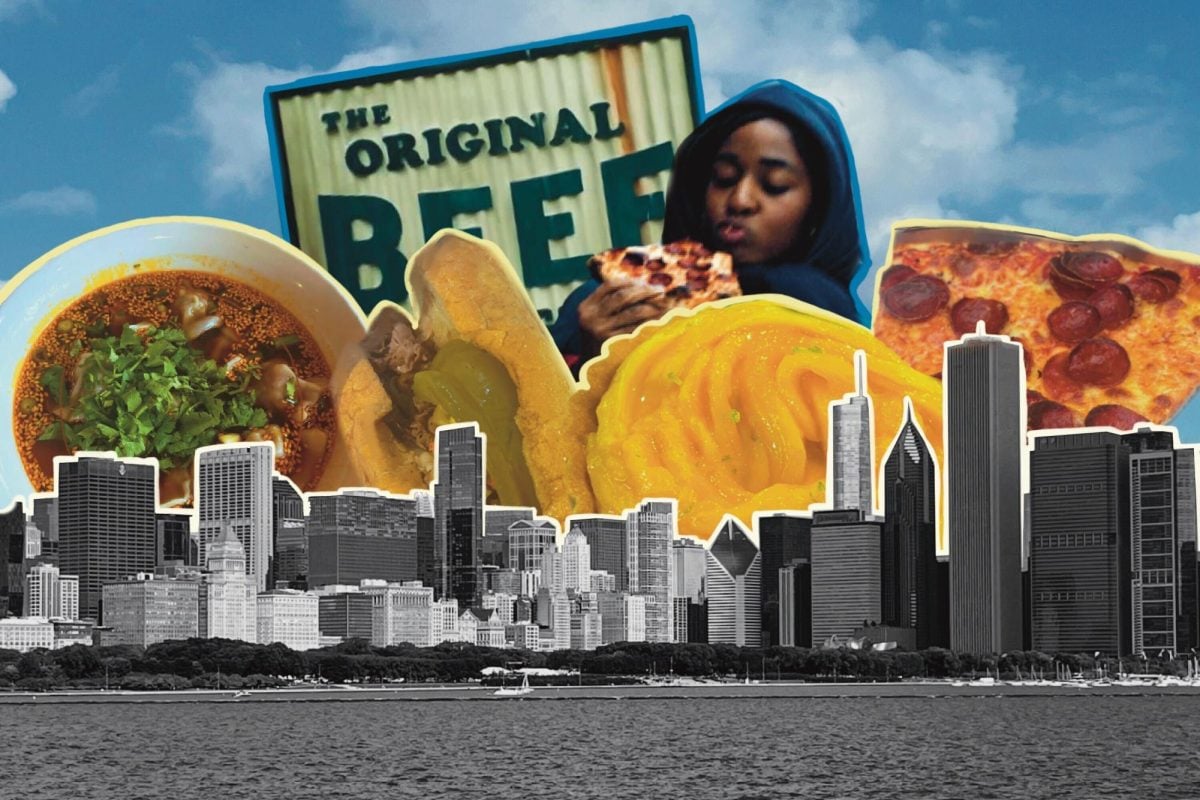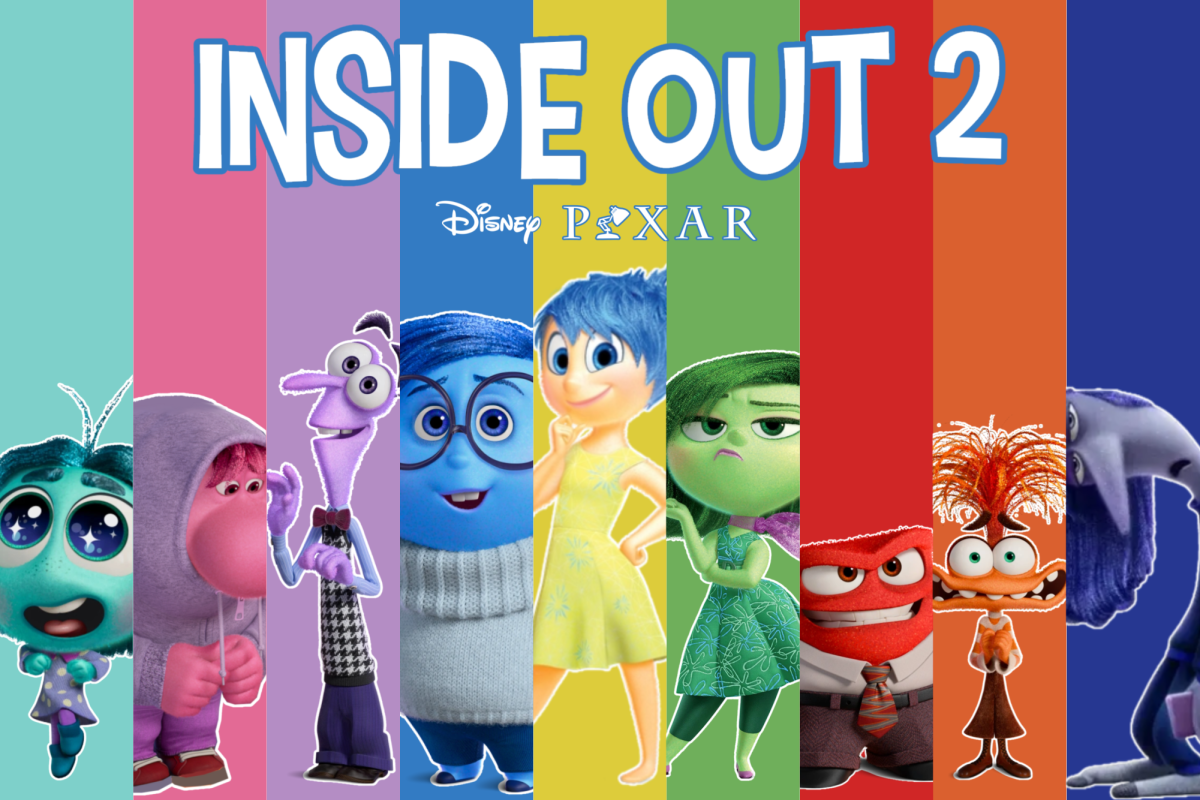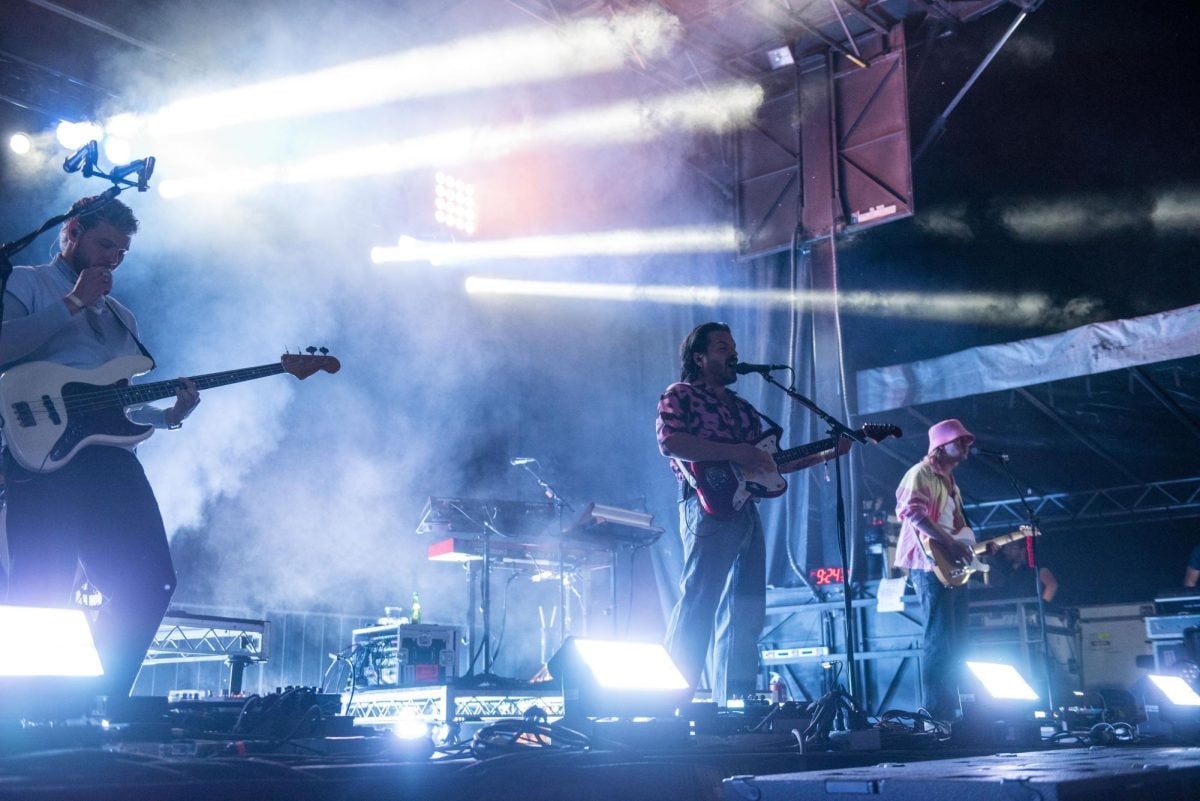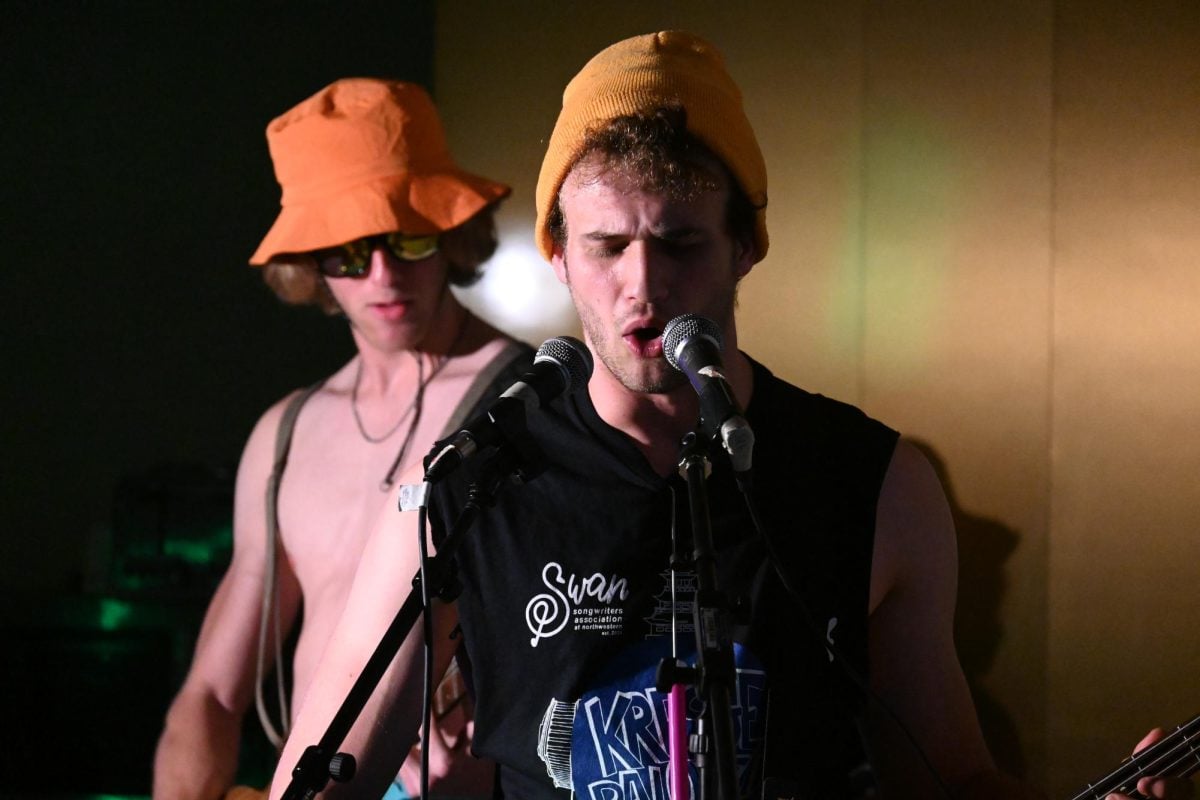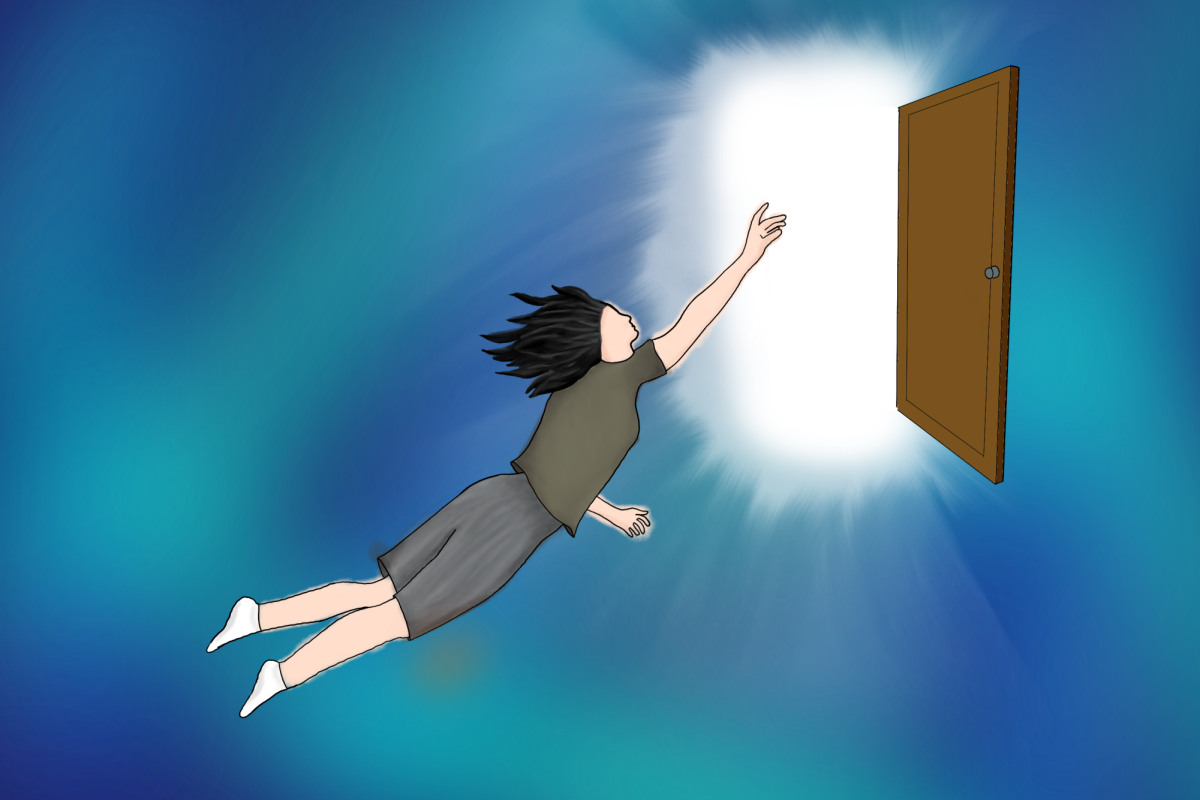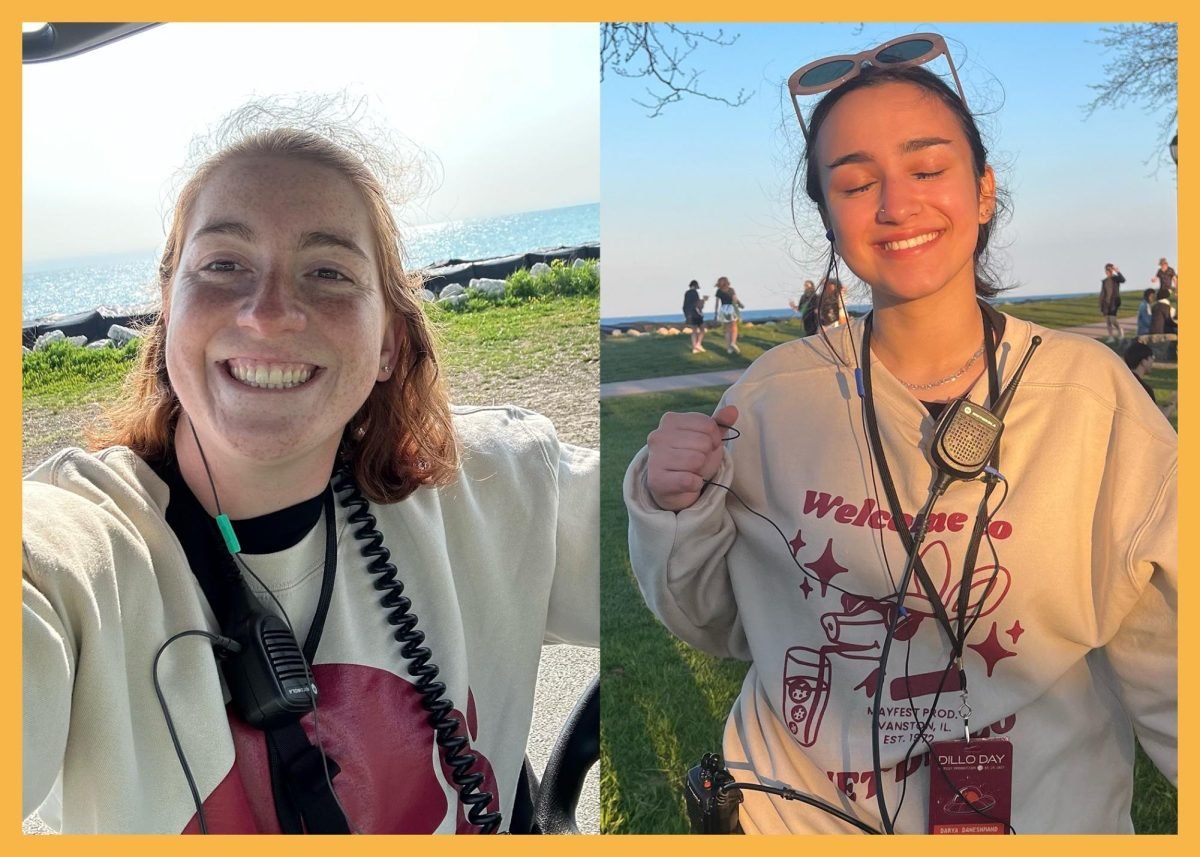On March 4, the annual LEON FORREST Lecture Series will return with an innovative twist.
Rather than featuring distinguished speakers, the event will feature a collaborative Jazz performance from eight experienced musicians: Greg Ward, Marquis Hill, Brandee Younger, Jeff Parker, Makaya McCraven, De’Sean Jones, Junius Paul and Ben LaMar Gay.
The performance, which will take place from 4 to 7 p.m. in Galvin Hall, was put together by New Black Music (Jazz) in Chicago, a course offered one time only by Black Studies and Asian American Studies Prof. Nitasha Sharma.
The concert will be accompanied by a panel discussion featuring several of the artists. The event is free and open to the public.
Sharma said the 45 student class was split into teams like advertising, merchandising and hospitality, each responsible for coordinating part of the event.
“Their final project is making sure that the show happens,” Sharma said.
The hands-on final project reflects the interactive nature of the whole course. Sharma explained how she wanted to create a course that featured “masters of their craft.” The curriculum features speakers and workshops ranging from musicians and the head of the Jazz Institute of Chicago to record label owners and booking agents.
“The students have said (the structure of the class) is basically a parallel or an allegory for jazz,” Sharma said. “Some of it’s improvised but what it means is that a lot of the work that students have to do is not…writing traditional academic papers.”
Department of Black Studies Chair Prof. Mary Pattillo has attended most of the class’ workshops and said they were a “wonderful” break from busy days. No one was on their phones, she said — attendees had to be fully present to hear all the musical elements.
The idea of the concert as a final project “bubbled to the top” in the faculty meeting where they organized/discussed/approved the LEON FORREST Lecture Series, Pattillo said.
“Professor Sharma is a rock star,” Pattillo said. “She’s so ambitious. She’s so dedicated to exposing her students to the absolute cutting edge people and thoughts and ideas. And she very much fundraised across the whole university.”
Medill freshman Caleb Evans said he appreciated the way the speakers carried themselves. Although they are highly touted artists, he said it was “cool” how down to earth they were.
Many of the speakers discussed the unique freedom of the Chicago music scene, Evans said.
“Artists are kind of playing whatever they want to play,” he said. “They’re not subjugated to one genre of music. That’s a big topic in the class: eliminating and trying to eliminate the labels of genres and things like that.”
Communication freshman Santina Juma, a student in the course, said she hopes concert-goers are able to walk away feeling like they have gained “a sense of enjoyment from listening to this music.”
Juma, who worked on the marketing team, said she has had a lifelong affinity for jazz music.
“I hope that everyone takes away what they need from it,” Juma said. “So the people who are going in with a large musical and jazz basis, I hope that they get away being able to hear from people that they’ve looked up to… and that people who don’t quite understand jazz at such a technical level or don’t know the people even who are performing just are able to come away with this new information and this new form and genre.”
While Juma has high hopes for what audiences take away from the event, students in the class have had their fair share of profound moments as well.
Evans said some of his key takeaways from the quarter included how the creative arts, specifically music, can level playing fields.
“It’s not about who you are and who’s playing, but just if you can play, which is pretty cool,” he said. “I think one quote that really stuck out to me was, ‘art has no color and sound is way older than race.’”
Email: [email protected]
Twitter: @JacksonWeier
Email: [email protected]
Twitter: @lexipgoldstein
Related Stories:
— ‘A creative town’: A look inside Evanston’s storied musical history
—Reel Thoughts: ‘The Taste of Things’ is a savory tale of skillful creation
— Q&A: Chealen Berry explores nostalgia, romance, heartbreak in her songwriting











